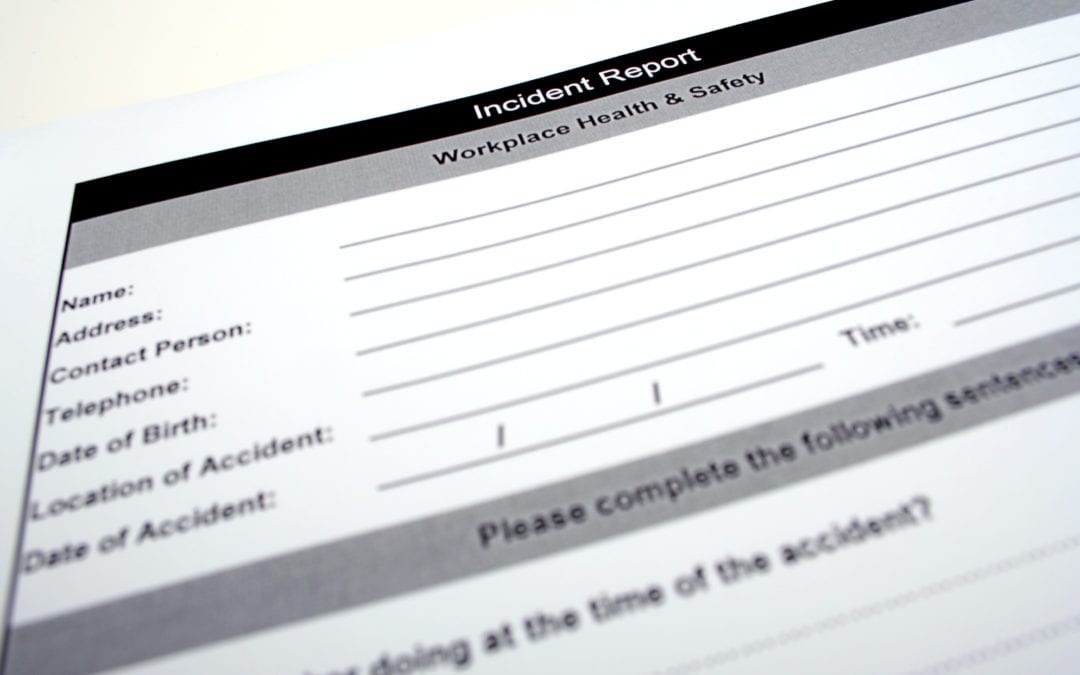Developments in digital technology allow modern companies to leverage detailed information on an unprecedented scale. This has amazing potential for all aspects of business management, particularly for operators in oil, gas and other industries with large logistical burdens. Unfortunately, even the most adept statisticians and data, scientists are only as valuable as the data they have to work with.
The concept of “big data” is often evoked in discussions about modern business management, but effectively putting it into practice is a bit more challenging. Any company that truly wants to leverage data needs to put just as much emphasis on the collection process as they do on analysis. Logging consistent and accurate incident reports and tracking other workplace statistics is absolutely essential for making meaningful improvements within an organization.
An Employer’s Guide to Meaningful Reporting
In the words of author George Santayana, “Those who do not remember the past are condemned to repeat it.” This saying probably wasn’t originally directed at employers, but it’s still very relevant when it comes to modern data collection and workplace safety practices. Companies that want to leverage data first need to institute a systematic way to report and collect information.
Institute a Reporting Policy
All businesses that conduct high-risk operations should have an official reporting system in place for any incident that results in injury, death, illness or a “near miss.” A near miss can describe any incident that had the potential to cause serious injury, but was narrowly avoided either by intent or chance. It may not be necessary to develop a report for a non-incident, but documenting close calls can lead to potentially life-saving changes.
Cover All the Bases
Everyone gets impatient when filling out forms, so employers need to take steps to ensure they get complete and detailed accounts of incidents that occur in the workplace. Report forms should include questions beyond the immediate cause of the incident. Employers should examine all of the factors related to an incident to develop better awareness of the procedural or systematic failures that allowed it to occur, also known as a “root cause analysis.”
Conduct Follow-up Investigations
Employers should encourage reporting from workers, but that doesn’t mean they should only rely on their testimony. Investigating the entire site and interviewing other people who were in the vicinity during the incident can provide valuable new perspectives. Site investigations should prioritize determining if there are any remaining threats to worker health.
Building Value from Information
When collected and utilized to its full potential, basic data collected through incident reports and other workplace investigations is an indispensable asset for employers. This information paints a personalized picture of what’s going on inside a particular workplace, allowing companies to identify problems and develop effective solutions.
This data is as much an asset as company buildings, materials or equipment. As experts in logistics, personnel services and other specialized solutions for oil and gas operators, Expeditors and Production Services (EPS) helps our clients improve reporting procedures and leverage data to create a safer workplace. We help companies harness the power of information to address ad prevent issues to minimize impact on worker health and site operations.

